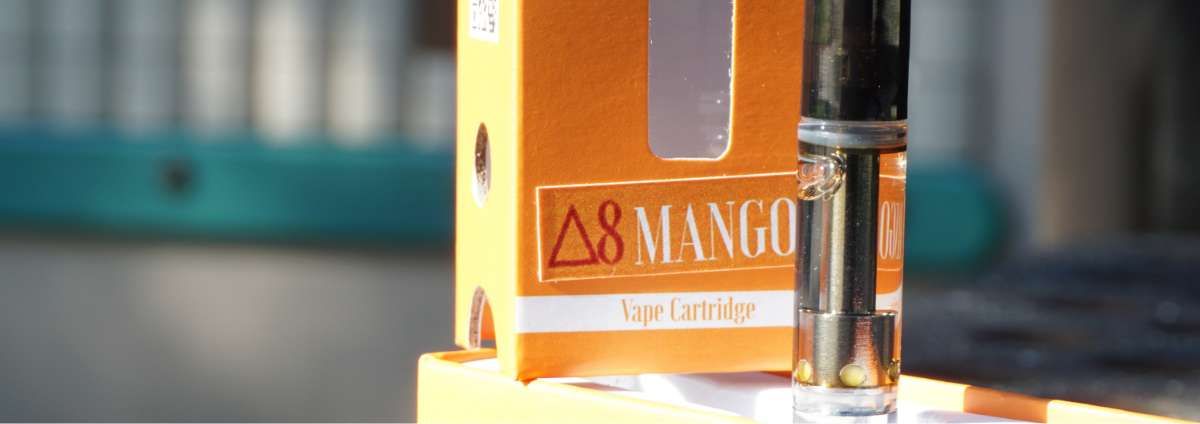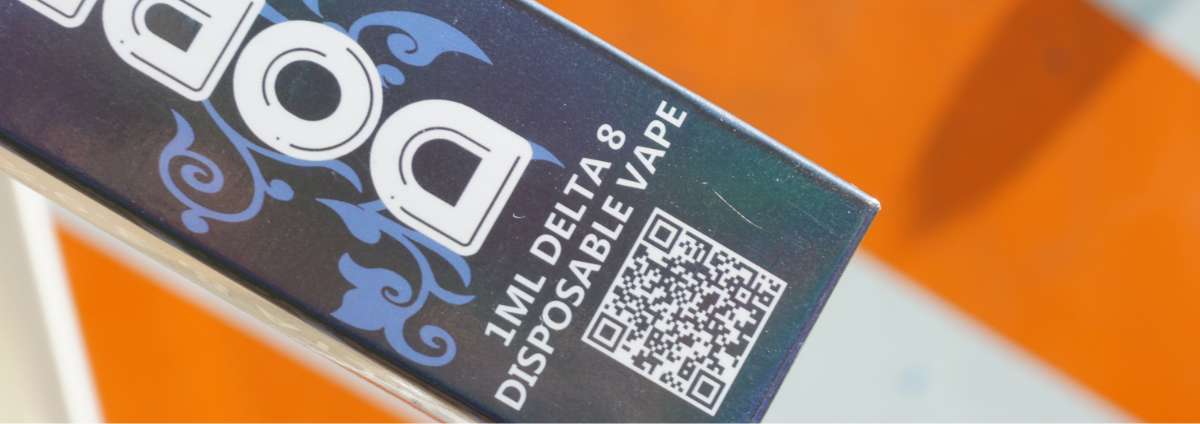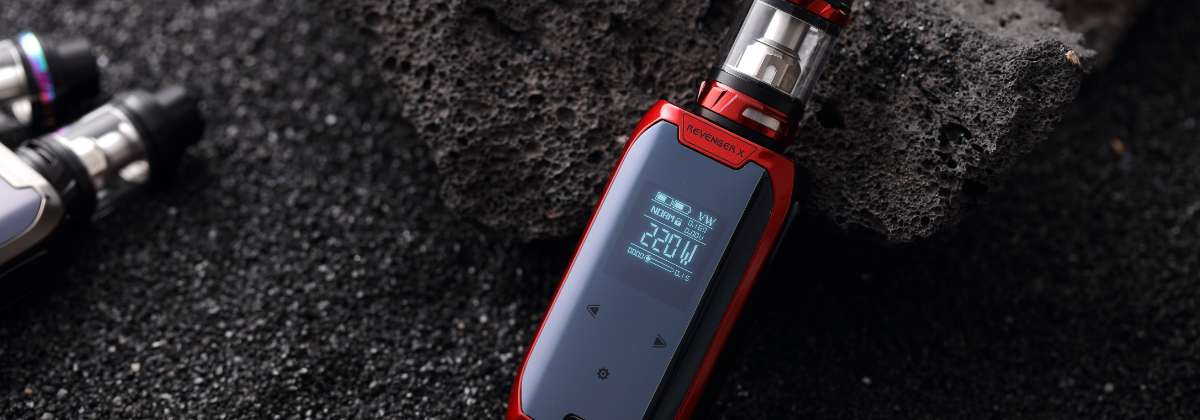
Delta-8 sales have exploded in the last few years as public interest in the cannabinoid has risen to unprecedented levels. The delta-8 THC market has grown alongside increased interest in CBD products and recreational cannabis. Let's take a look at the delta-8 cannabis compound, its psychoactive effects and any regulation efforts occurring in the United States.
The Rapid Growth of the Delta-8 THC Market
Public interest in delta-8 has increased rapidly in the last two years. A recent study showed that Google searches for delta-8 CBD, delta-8 THC and other related delta-8 products had increased by 705% from 2020 to 2021. That was after delta-8 searches had already increased by 257% from 2019 to 2020. Needless to say, people got very interested in delta-8 sales and the delta-8 THC market as a whole.
To meet this demand, there's been a large influx in delta-8 products on the market. In addition to gummies, soft gels and CBD, delta-8 made its way into pre-rolls in certain markets around the United States. Public interest in delta-8 research has never been higher.

Delta-8 Sales Now and in the Future
While specific sales information on delta-8 THC is not currently available, the global market for hemp CBD and its byproducts (which includes delta-8) is expected to grow to $16 billion by 2025. The current CBD market hit an all-time high with sales reaching $4.7 billion in the United States alone.
Reports state that in January of 2021, a kilogram of delta-8 cost around $1,400 per kilogram; during that same period, CBD was selling for $550 a kilogram. The difference in price is related to the additional processing and distillation required to produce delta-8 and the current supply related to heightened demand.
States that have not legalized marijuana use have seen the highest increase in delta-8 interest. Since it is derived from CBD, delta-8 products meet federal guidelines regarding the amount of THC. However, the psychoactive effects of delta-8 make it more appealing to some consumers.
The Most Common Delta-8 Consumer
The most frequent users of delta-8 products are consumers who have regularly used CBD in the past. According to Brightfield, over one-fifth of American CBD users know about Delta-8 in some capacity, and half of those consumers had purchased delta-8. Their history of using CBD oil makes them more comfortable regarding potential delta-8 usage.
A Rundown On Delta-8 Research
Delta-8 research to this day has not published any data regarding severe health concerns other than the ones related to similar use of medical cannabis. That is to say, all of the commonly associated risks involved in using other cannabis compounds should be extended to delta-8 products as well.
Much like recreational cannabis, large quantities of delta-8 can have severe psychoactive effects, and caution should always be taken when consuming a product containing THC for the first time.
Concerns regarding CBD, delta-8, THC levels and legalization currently exist due to a lack of research, formal guidelines and regulations regarding delta-8 products. Delta-8 is covered under the 2018 Farm Bill as a hemp derivative, but there are lawmakers and regulatory agencies that have concerns regarding its psychoactive effects. Delta-8 THC products have been known to cause similar side effects as delta-9. The most common negative symptoms include:
- Red eyes
- Dry mouth
- Slow reaction times
- Decreased coordination
- Increased heart rate
Since delta-8 was not originally considered when the Farm Bill was passed, the delta-8 THC market currently exists in a regulatory gray zone. Until more research is conducted and reviewed, delta-8 is likely to continue growing as a larger and larger segment of the hemp CBD market.

Answering Other Questions: Defining Delta-8, THC Levels, Uses & More
With heightened interest in the delta-8 THC market comes questions in need of answers. When dealing with cannabis-related products such as delta-8, there are always concerns regarding potential side effects and legal use. We have provided the best available current answers to the more pressing questions people have about delta-8 below.
What Is Delta-8?
Delta-8 tetrahydrocannabinol (THC) is a cannabis compound that is chemically similar to delta-9 THC, the chemical that produces psychoactive effects in the cannabis plant. Delta-8 can be produced as a byproduct of CBD oil production and is reported to deliver a mild euphoric effect. Many consumers have referred to delta-8 as "Diet Weed" due to its lack of potency compared to delta-9. However, many individuals use the product because delta-8 THC levels are lower and the adverse side effects are also reduced, allowing them more control over their consumption.
What Is Delta-8 Used For?
Delta-8 THC is used for its mild psychoactive effects. Reasons for use vary from person to person. The most commonly reported uses for delta-8 are stress relief, pain relief, anxiety reduction, nausea relief and appetite boosting.
What Percentage of THC Is in Delta-8?
Delta-8 THC levels are generally the same as CBD. Delta-8 contains concentrations of THC equal to or less than 0.3%, which is the legally permissible amount prescribed by federal law. However, even this small amount of THC remains illegal in a few states.
How Long Has Delta-8 Been Around?
First discovered in the 1940s, delta-8 was not fully synthesized until the 1960s. Since then, it has been studied and researched extensively. Its recent popularity is owed in part to the legalization of hemp and CBD oil.
Find Delta-8 THC Products and More at Free Smoke
Our collection of delta-8 products lets you choose your own vibe. At Free Smoke, we don't want to restrict your pursuit of new horizons. That's why our online store carries a variety of delta-8 gummies, tinctures and vape pens. Pursue your bliss in your own way with our selection of delta-8 goods or shop from our regular assortment of vaporizers, grinders, hookahs and water pipes. Spend your life amongst the clouds and shop online at Free Smoke today.
Shop Now

